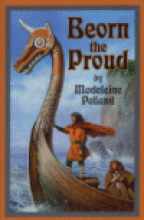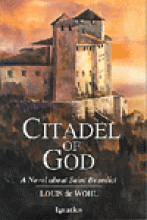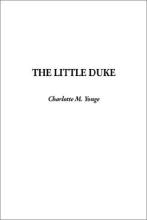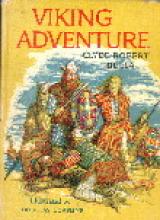Early Middle Ages Historical Fiction
Beorn the Proud
Citadel of God
Against this backdrop, the novel goes on to tell of the lives of Boethius, who becomes governor for the king in spite of his patriotism for the dying Rome; Peter, the young would-be assassin and patriot, who grows up to become a conflicted Byzantine ambassador; and Benedictus, who becomes appalled by the corruption in Roman society and retreats into the wilderness to become a hermit. Eventually he founds several monasteries and travels to Montecassino. He drives out pagan sorcerers, works miracles and founds a monastery that truly became a "Citadel of God" that stood against paganism and Arianism, while the scholar Boethius is jailed and executed by the increasingly paranoid king, after writing The Consolation of Philosophy.
This book is strongly and vividly written, telling an epic tale of several famous lives intertwined during this unstable and critical time in the history of Christendom. The reading and interest level are suitable for ages 14 and up; however, the emotional maturity level may be somewhat higher. There are a couple of scenes, as when a Roman lady tries to seduce the young Benedictus, or a corrupt Christian priest converses with his mistress, that though not overly graphic might be unsuitable to some young readers.
The Little Duke
This is a charming and very Catholic story of young Richard of 10th century Normandy. His father, the Duke of Normandy and a devout Christian, is cruelly murdered by a rival nobleman forcing Richard, at the tender age of eight, to become the new Duke in a time of political upheaval. Initially he finds his duties terribly boring and desires nothing more than to spend time with some jolly playmates.
As the story unfolds, Richard slowly matures in the face of the dangers and uncertainties of his position. This is particularly evident during his semi-captivity under the King of France where he learns more fully the truth of the Christian virtues that his father and the good abbot had tried to teach him. He becomes a good judge of character as he learns to recognize flatterers from true friends. Catholic virtues are especially evident in the good people of Normandy who pray and do penance for the sake of their Little Duke.
The story is a little slow in the beginning, but picks up quite nicely after a few chapters. This edition is beautifully bound in red with gold lettering and contains lovely black and white illustrations and very readable larger text.
Viking Adventure
The adventure soon takes an ominous turn as the ship encounters storms and the fears and dreams of the ship's owner, Halfred, who wants to turn back. The quarrel reaches a pitch between Gorm and Halfred, with murderous results that change Sigurd's life forever.
This book is one of many historical adventures written by Clyde Robert Bulla, and it is fast-paced and exciting like his others. Because of this, it might be a good book for an older reluctant reader. There is an interesting sub-plot about the value of the written word - at the beginning Sigurd refuses to learn to read and write because he doesn't see the point in his warrior culture, but in the end he changes his views when he has a valuable story to tell.
The terse style and fast pace is reminiscent of Norse sagas, and the lesson - that it takes hard work to become strong and skilled, and that even a warrior culture needs readers and writers - is a good one for a young person struggling to become literate. The reading level is probably about 2nd or early 3rd grade. I recommend this book for children ages 6 and up - a younger child could probably understand it, but might be upset by the fact that several main characters die during the course of the story.





